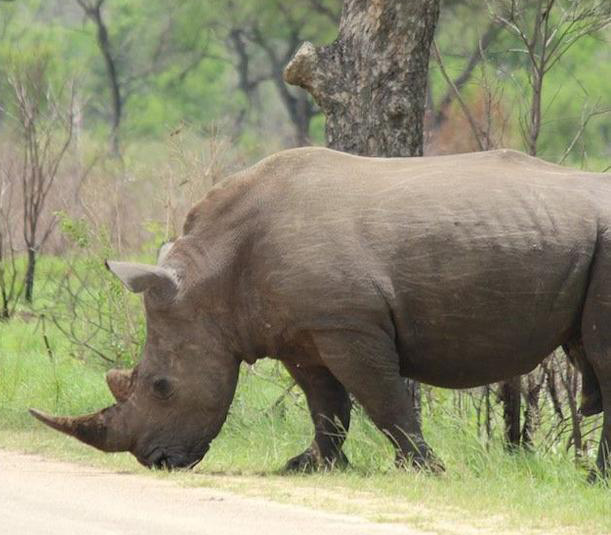Biotech firm creates fake rhino horn to reduce poaching

A San Francisco biotech startup has managed to 3D print fake rhino horns that carry the same genetic fingerprint as the actual horn. It plans to flood Chinese market with these cheap horns to curb poaching.
Pembient, based in San Francisco uses keratin — a type of fibrous protein — and rhino DNA to produce a dried powder which is then 3D printed into synthetic rhino horns which is genetically and spectrographically similar to original rhino horns.The company plans to release a beer brewed with the synthetic horn later this year in the Chinese market.
The Chinese and Vietnamese rhino horn craze has caused an unprecedented surge in rhino poaching throughout Africa and Asia bringing the animal to the brink of extinction. In South Africa, home to 80 percent of Africa's rhino population, 1,215 rhinos were killed in 2014.
Matthew Markus, CEO of Pembient says his company will sell rhino horns at one-eighth of the price of the original, undercutting the price poachers can get and forcing them out eventually.
"We can produce a rhinoceros horn product that is actually more pure than what you can get from a wild animal. There are so many contaminants, pesticides, fallout from Fukishima. Rhino horn in the lab is as pure as that of a rhino of 2,000 years ago."
However, conservative groups are skeptical about the success of synthetic horn and may actually have harmful long term effects in combating the illicit trade. Susie Ellis, Executive director of International Rhino Foundation says:
"Selling synthetic horn does not reduce the demand for rhino horn [and] could lead to more poaching because it increases the demand for “the real thing.” In addition, production of synthetic horn encourages its purported medicinal value, even though science does not support any medical benefits. "